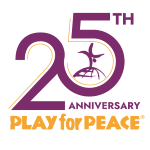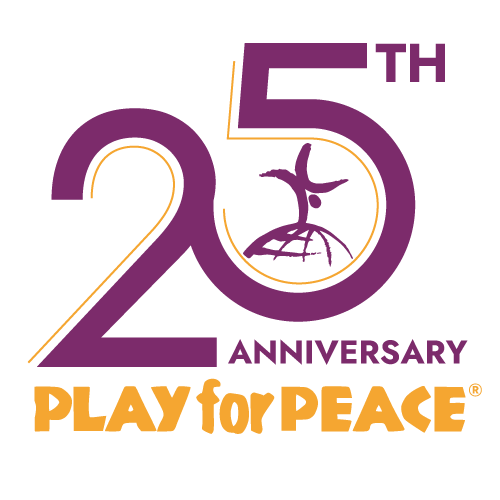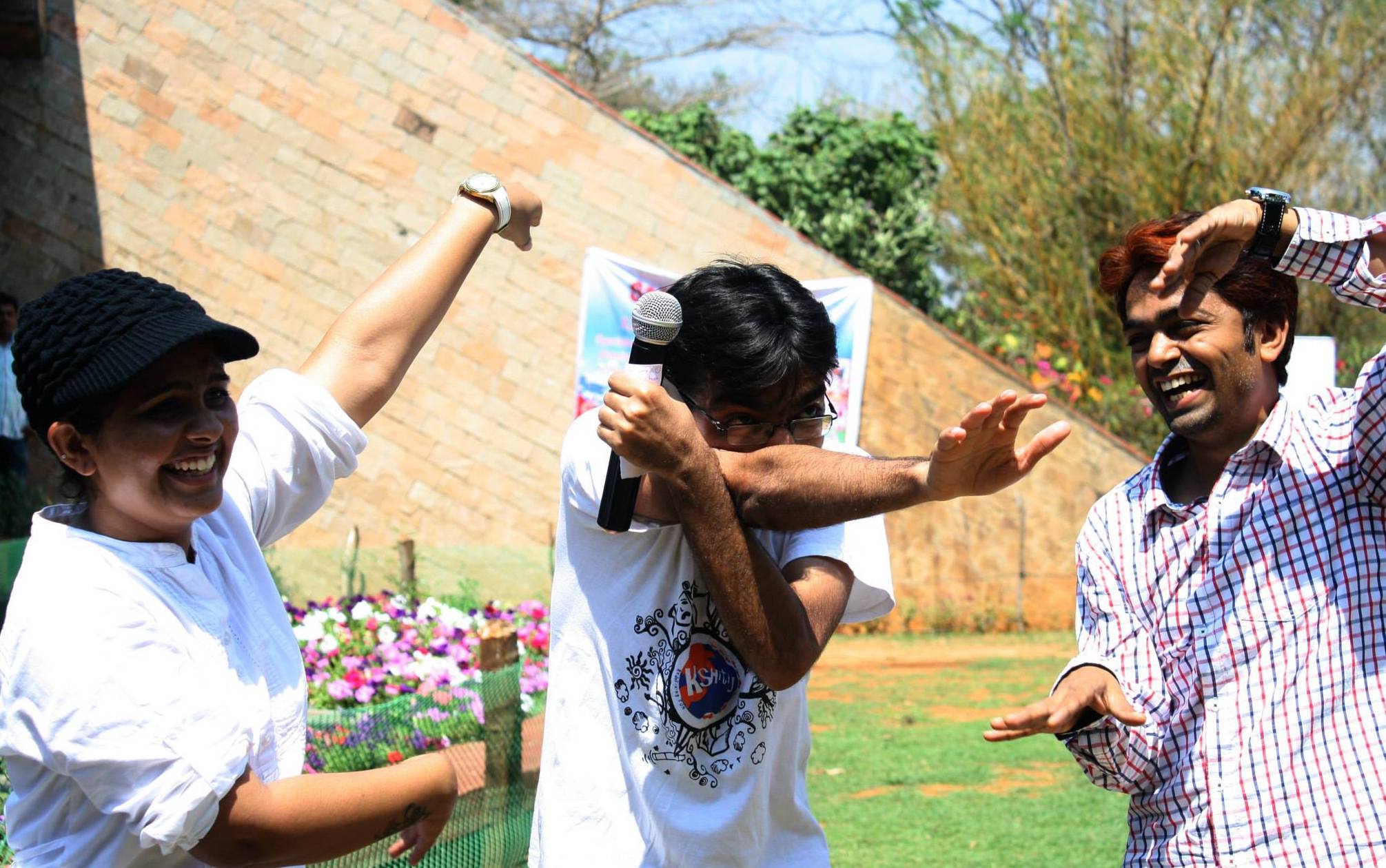“Before I began my journey of Experiential Education and Play for Peace, I had done an MBA from Mumbai University, and worked on entrepreneurial ventures, and brand consulting projects. But my heart was in the 'enabling' space. Like they say, what you seek is seeking you. PFP and I found each other!”- Nikhil Mehta, PFP India Trainer
Nikhil Mehta has been around the PFP scene conducting PFP sessions for youth and children from conflict areas. In his pursuit of studying Experiential Education, he came across the PFP website and instantly felt a connection. "My journey began when I attended a PFP workshop facilitated by Agyatmitra, Swati Bhatt, and Nisha in Pune. Since then, I've been facilitating PFP sessions with different groups, learning environments, and NGOs," he said. In the process of creating socially and emotionally inclusive spaces for youth and children suffering from conflicts, he has learned a deeper understanding of the 5 core values of PFP over the years. He sees that safety, in all aspects - physical, intellectual, emotional, and social - is a prerequisite for effective learning or change. "When people feel safe in a space, they are open to sharing with others around," said Nikhil. He believes that safety is synonymous with inclusion.
"Safety and inclusion are related to each other. If I am not feeling socio-emotionally safe in an environment, I won't feel completely included," he added. Building a sense of community lies at the core of PFP. It is the driving force for all the peace efforts of the trainers. Nikhil also said that true and complete inclusion goes beyond just giving everybody the same things, but is about giving everyone equal opportunities. Those equal opportunities were promoted during a 2-day workshop Nikhil conducted on July 23 and 30. For Nikhil, equality as well as equity came alive during the training. He shared that there was one instance in the game called “Gotcha” that required both hands, but there was one participant who had hurt his hand and had a cast. His team modified the game in such as way that everyone was able to enjoy the game even though one had an injury. During the workshops, participants engaged in a deeper discussion of the core values of PFP. “We had interesting and insightful discussions on the core values. The participants came up with some fascinating views and shared those views in creative ways - through songs and chart paperwork. The idea was for the participants to initiate the process of internalizing the core values. It is the core values that make PFP what it is, and as such every facilitator of PFP needs to be conscious of the core values while facilitating sessions,” said Nikhil. These were the descriptions of the whole experience from his participants: “a deep joy,” “felt content,” “lots of fun,” “ fabulous fun,” “constructive,” “inclusive,” “crazy,” “silly,” “reflective,” “relaxed,” “alive,” “happy,” “childlike,” “creative,” “energized,” and “learning in simplicity.” Added testimonials of the participants included:
“I used to keep a few of the core values in my heart, but I found tools for designing and holding space for others and myself, I was able to reconnect again and one of the basic practices for development.” “I just met the playful and happy me that I was missing for a long time.” "The core values I feel not only need to be practiced in games but in day to day life too, they are a must in all our interactions and dealings during the day.”
The objectives of the workshops were met as the play sessions cemented once again, the desire to promote peace in the community. “It encouraged me to go deeper into each of the core values. It inspired me to reflect on my experiences of facilitating and training in different states in India,” Nikhil added. It is the exciting play sessions that sustain PFP India trainers to help promote peace in their communities. And for Nikhil, his understanding of peace keeps evolving with time. He believes that peace occurs both in the interpersonal and intrapersonal levels. He sees it as a continuum from zero conflict to extreme conflict which may include violence. “When one is closer to the extreme conflict end of the spectrum, one is experiencing a lack of peace. This prevents one from living a fuller life and from effective learning or growth. That’s why peace is important, first within our selves and then with the others around,” he said. Facilitators came from diverse backgrounds - trainers, outdoor educators, play therapists, community workers, and young adults. Although he designed the training course and led the facilitating process, he is grateful to other trainers like Vipul Chheda, Charmi Gadda, and Nishita Shah for all their support in creating an enriching Practice Peace Session. I asked him why this passionate pursuit of peace and he concluded that being a PFP facilitator makes him feel alive and gives him a deeper sense of fulfillment.
“For me, this journey began due to my love for play and my belief in the positive impact of play. Gradually, I have come to appreciate the peace part of it. It’s an ongoing journey,” Nikhil said. Taking steps toward peace by cultivating peace within and without, and building a sense of community through the impact of play is what pushes Nikhil to be an effective PFP global trainer. He wants his participants to take their journey of PFP in their ways while keeping the spirit of PFP alive.



